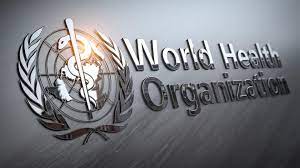
The World Health Organisation (WHO) has commended Nigeria, China, Egypt, Russia, Brazil, and Denmark for reducing the mortality rate in Non-Communicable Diseases (NCDs) for their citizens.
The biggest gains were driven by declines in cardiovascular disease and certain cancers such as stomach and colorectal cancers for both sexes, cervical and breast cancers for women, and lung and prostate cancers for men.
In contrast, pancreatic, liver cancers and neurological conditions contributed to rising mortality in many countries.
W.H.O, in a report, ‘Saving lives, spending less,’ released on Thursday, revealed that an additional investment of just US$3 per person annually in tackling NCDs could yield economic benefits of up to US$1 trillion by 2030.
The UN health agency, however, called on member states to invest more in cost-effective solutions to manage NCDs and mental health.
Alongside the report, WHO shared a new analysis of country-level progress in reducing NCD mortality between 2010 and 2019.
It stated that while 82 per cent of countries achieved reductions during this period, the rate of progress has slowed significantly across most regions, with some countries even experiencing a resurgence in NCD-related deaths.
NCDs are responsible for the majority of global deaths, while more than one billion people live with mental health conditions.
Alarmingly, nearly 75 per cent of deaths related to NCDs and mental health conditions occur in low- and middle-income countries, accounting for 32 million lives lost each year.
The WHO chief said that solutions to tackle NCDs and promote mental health and well-being were both affordable and highly cost-effective.
Governments, he said, often face intense lobbying from powerful industries whose products contribute to disease.


